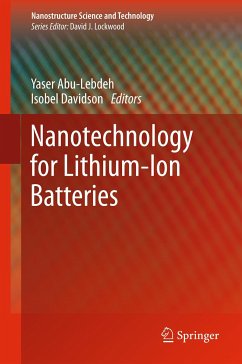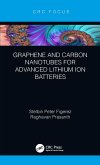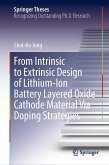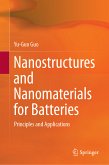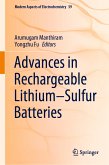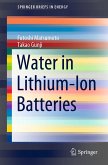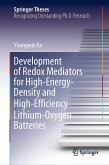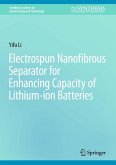This book covers the basic concepts of nanotechnology, how they relate to lithium-ion batteries, and the effects of using nanomaterials to enhance battery performance. In addition to taking an in-depth look at the emerging research, this book will explore how new discoveries will impact existing and emerging markets, including those related to consumer electronics, automotive technology, and smart grid technology.
Dieser Download kann aus rechtlichen Gründen nur mit Rechnungsadresse in A, B, BG, CY, CZ, D, DK, EW, E, FIN, F, GR, HR, H, IRL, I, LT, L, LR, M, NL, PL, P, R, S, SLO, SK ausgeliefert werden.

